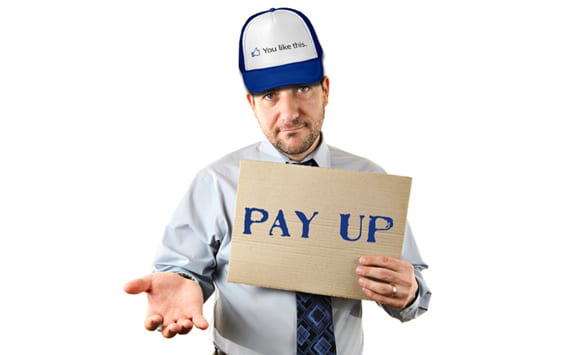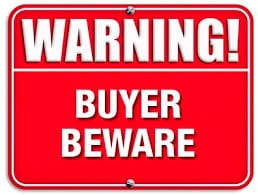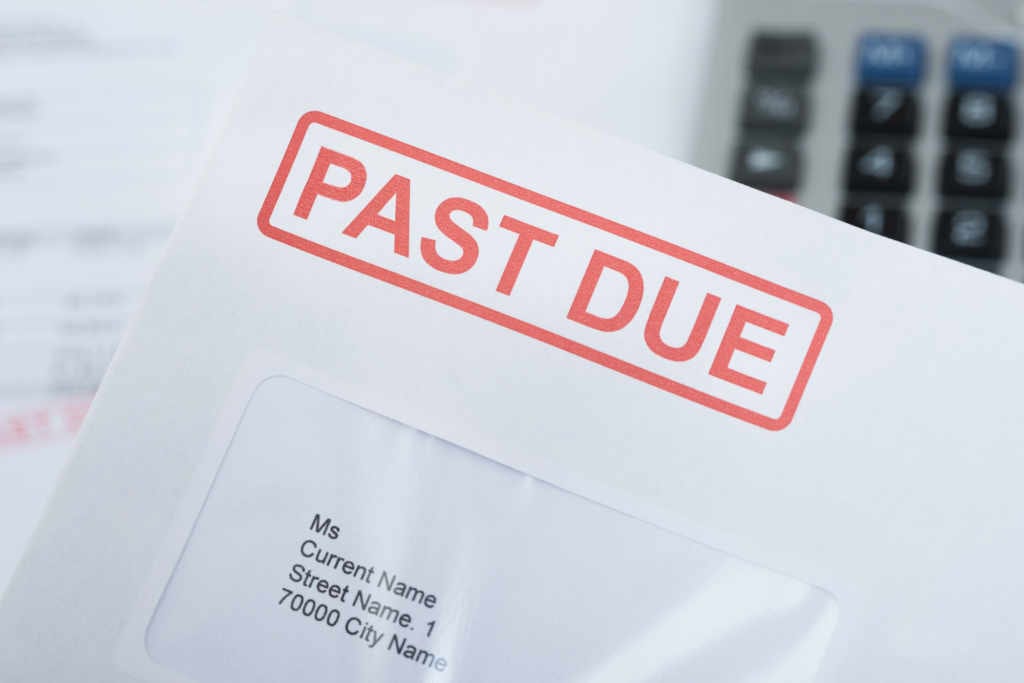How Do Collection Agencies Work: Everything You Need to Know
How do collection agencies work? It's probably your #1 question if you're thinking of working with one. Here's all you need to know about collection agencies.
“How do collection agencies work?”
It's a question many of us never have to ask ourselves, but an important one, when you need an answer. Because debt is a messy business when it defaults, and the best you can hope for in these troubling times is someone who knows what they're doing.
Join us, today, as we look at what debt and credit collection services are, what an agency should be offering you, and how to choose the right debt collection service.
Defining Debt Collection
A good place to start when trying to learn about collection agencies is to ask one simple question: “What does a debt collector do?”
The answer is two-fold.
Collecting Debt
 First, they work as literal collectors of debt. The process is simple: somebody owes money to an institution, a private business, or even just a person. They stop paying, for any reason, and, if the creditor is kind enough to contact them, they either ignore them or still fail to pay the money.
First, they work as literal collectors of debt. The process is simple: somebody owes money to an institution, a private business, or even just a person. They stop paying, for any reason, and, if the creditor is kind enough to contact them, they either ignore them or still fail to pay the money.
The payment goes delinquent, and the creditor employs the work of a debt collection service to get the money back from the debtor. It makes sense they would approach somebody else: they're a bank (or business), not the police. This isn't their specialty, and they need to make sure the process is being handled by a professional.
The collection agency begins pressuring the debtor for their money on various platforms. In recent years, the Federal Trade Commission has limited potentially harassing communications. This has led to a much gentler, more considered approach to collections. The point is, though, these agencies make themselves known. They remind debtors that this will impact their credit rating. That there could be legal consequences, and that each day that passes only compounds the money owed.
It's important to note that these agencies cannot reach into a debtor's bank account and take money from them. They need to bring in legal action to start this process. Beyond six months, they become empowered to bring legal action into the process. This can result in fines and wage garnishment, last-ditch efforts which can be traumatic for the debtor.
Buying Debt
The other face to debt collection exists between the collection agency and the creditors themselves.
Selling debt to a collection agency is a way of turning your uncollected debts into immediate cash. In cases where the crediting entity needs money back based on debts from a debtor that won't pay, they may sell these debts to collection agencies. The debt buying agencies will pay a fraction of what the debt is worth to the creditor, and become the new creditor.
They take on the duties of following up on the debt, with the money being paid directly back to them.
What To Look For In A Debt Collector (And What To Look Out For)
 Debt collectors, for better or worse, have gotten a rep for harassment over the years. The old model of debt collection suffered under images of “goons sent over to break your legs” or 2 AM phone calls reminding you to “pay up”.
Debt collectors, for better or worse, have gotten a rep for harassment over the years. The old model of debt collection suffered under images of “goons sent over to break your legs” or 2 AM phone calls reminding you to “pay up”.
The truth is, however, that modern business leaves less room for this kind of unprofessional behavior. We recognize that every person, delinquent or not, has certain inherent rights, and should never feel threatened.
Of course, the flip side of this is that not every debt collector is always going to play by the rules, no matter what the rules are. There are warning signs to look out for when you approach one of these collectors, and things to watch out for if someone is collecting debt from you.
Respectful, Professional Behavior
It's natural for debtors, contacted by collection agencies, to feel intimidated and on the defensive. Similarly, creditors may feel out of their depth approaching a collection agency. Keep in mind that no matter who you are, the agency in question should address you respectfully.
Being Able To Confirm Your Debt
One important thing the man on the street often doesn't know about debt collection is that they have to actually be able to confirm how much you owe.
The process is simple: if a debtor is contacted by a collection agency, they are entitled to ask for written confirmation of their debt. In addition to this, they can ask for which company specifically they owe it to (or if the agency has purchased the debt) and how to pay.
The agency, at this point, has to suspend their collection activities while they compile and send out a written notice. If everything goes according to plan, they will have the information they need to move on to paying their debt. No harm, no foul.
If the collector can't confirm the amount or verify the details with the creditor, they will cease the collection process entirely. The collector will report this to any relevant credit bureaus, and they will either mark it as “disputed” or remove it from the debtor's credit report. They will also inform the creditor that they stopped trying to collect because the debt couldn't be verified.
It's crucial to respond to requests for verification promptly, or the debt may be forgone.
Warning Signs
 As a creditor, trying to secure the services of a debt collection agency, it's important that you do your research ahead of time.
As a creditor, trying to secure the services of a debt collection agency, it's important that you do your research ahead of time.
Red flags with debt collectors include not being able to prove their training or qualifications. Also, if they can't confirm references or show proof of working with the Fair Debt Collections Practices Act, they might not be experienced.
Avoid collectors who pretend to work for the government, claims they can have debtors arrested, or threatens to publicize debt. None of these are legal, and the company who claims they can do them is bad news, to put it plainly.
How Do Collection Agencies Work? Now You Know
Debt collection isn't a fun process, regardless of what side of it you're on. But, in debt as in business, the old phrase “forewarned is forearmed” holds true. The more you know about what to expect from it, the easier the whole process is bound to be.
Hopefully, today's article has shed some light on the question: “How do collection agencies work”. Looking for debt collection reviews and awesome content from other industries? Check out our comprehensive lists and articles, and get informed today!
Author: Hudson Piccini
Hudson Cynar, a Harvard University alumna and the owner of three prosperous enterprises, is a distinguished business consultant, author, and writer. Her expertise spans multiple business sectors, with a particular emphasis on storage containers, commercial copiers, payroll services, and medical billing software. Dedicatedly investing thousands of hours into product and service research, Hudson crafts insightful reviews to guide entrepreneurs in making informed decisions for their businesses.

